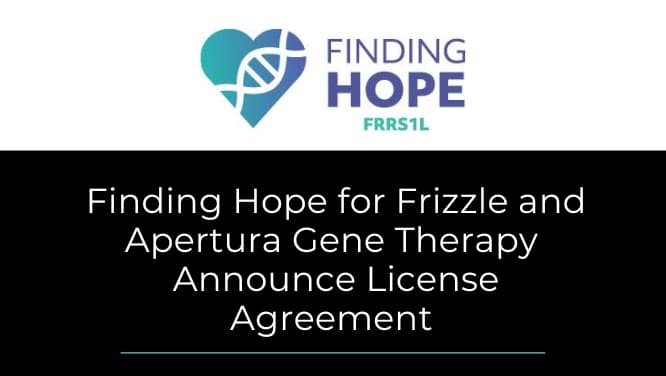What Employers Need to Know About the NLRB’s Recent Decision on Severance Agreements

- Brad L. Schoenfeld
- |
- March 20, 2023
In a significant reversal of the previous standard set in 2020 granting employers significant leeway in drafting agreements with departing workers, the National Labor Relations Board (NLRB) issued a recent decision in McLaren Macomb that impacts severance agreements applying to employees in both union and non-union workplaces with some very limited exceptions.
What does the NLRB’s recent decision mean?
The NLRB decision prohibits and calls into question the enforceability of most severance agreements with non-supervisor employees covered by the National Labor Relations Act (NLRA) if they include a non-disparagement clause or confidentiality restriction that inhibits an employee from disclosing information about the separation and severance. The decision found that the non-disparagement and confidentiality provisions unlawfully restrained and coerced employees in the exercise of their rights under Section 7 of the NLRA. The NLRB’s latest decision essentially reinstates an older, stricter standard for severance agreements.
How does this impact existing severance agreements and what does this mean for enforcement?
Employers may wonder how this decision impacts existing severance agreements with workers who departed prior to this decision. While many questions remain about how to handle past agreements retroactively, the NLRB rules prevent workers from bringing charges that fail to relate back to a violation that occurred within the past six months.
The latest NLRB decision is significant because it concluded that simply providing a severance agreement with the non-disparagement clause and confidentiality restriction will be unlawful even if the employer does not enforce or intend to enforce those provisions.
What if employers want to keep the confidentiality and non-disparagement provisions in their severance agreements?
For companies that find it important to include confidentiality and non-disparagement provisions in their severance agreements, these employers can choose to include a disclaimer that these provisions do not prohibit employees from exercising their rights under Section 7 of the NLRA. While this is no guarantee that such agreements won’t be challenged, this could allow employers to also include non-disparagement and confidentiality provisions. Examples of lawful severance covenants are likely to follow the NLRB’s recent decision.
Does this impact confidentiality/proprietary information of the employer?
The NLRB’s latest decision does not call into question confidentiality provisions related to an employee’s obligation to continue to protect the confidentiality/proprietary information of the employer.
What should employers do in light of this decision?
We recommend that clients review their severance agreements for compliance with this decision and other recent changes in the law. Experienced counsel can help employers weigh their risk tolerance and reevaluate their handbooks, policies, and agreements to comply with the NLRB’s decision.
If you need assistance or if you have any questions regarding this decision, please reach out to your primary contact at KO or to Brad Schoenfeld (303-672-0106 / [email protected]) or Niki Schwab (720-477-7151 / [email protected]).
Brad Schoenfeld is a partner in the Denver office of KO. Brad specializes in structuring, drafting, and negotiating complex contracts related to manufacturing and supply, product sales and distribution, research and development, technology licenses and transfers, clinical trials, reseller and distributor relationships, consulting and professional services, HR/employment, procurement, outsourcing, hosting, e-commerce, and partnering.




